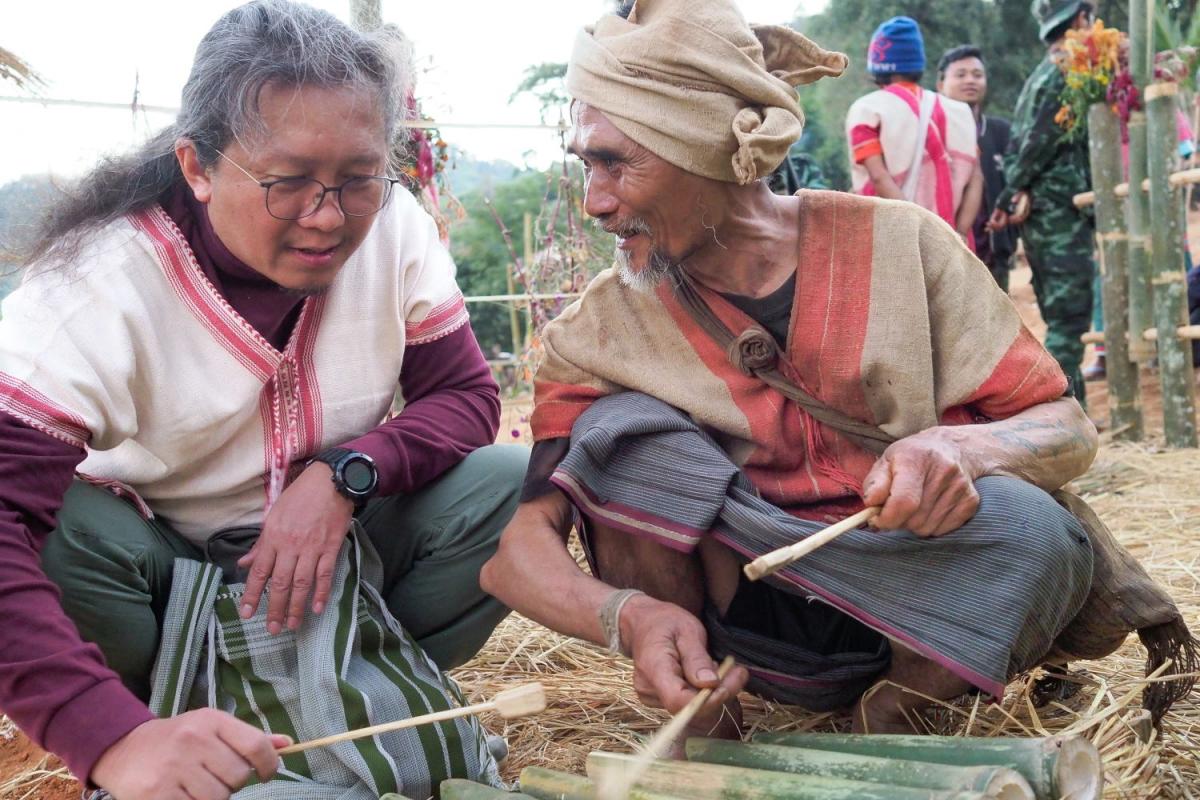
A Karen activist who helped establish a 1.35-million-acre peace park has won the world’s foremost award for grassroots environmentalism.
Paul Sein Twa, the executive director of the Karen Environmental and Social Action Network, was one of six recipients of the Goldman environmental prize announced on Monday. He was key to forming the Salween Peace Park in northern Kayin state, a community-based approach to conservation in the Salween River basin.
The award recognizes efforts of activists across six continents who protect natural habitats and push for political change, often at great personal risk. Working for peace and the protection of wildlife amid a decades-old conflict, Paul Sein Twa said local Karen “depend entirely on nature our livelihood and well-being.”
“This is why, despite decades of war and exploitation of natural resources on both sides of the Thai-Burma border, we are still surrounded by rich biodiversity,” Paul Sein Twa said in his acceptance speech.
The region has some of the last remaining intact wilderness areas in mainland Southeast Asia, including vast stretches of teak forests, tigers, endangered Sunda pangolins, clouded leopards, gibbons, Asiatic black bears, and sun bears. The Salween River—Asia’s longest free-flowing river—also runs through the territory.
There has been an increase in logging, mining, agribusiness, dams, and rubber extraction in the area. In 1998, the military government proposed the US$2.6 billion, 1,360-megawatt Hatgyi dam in the southern Salween basin—in the heart of Karen territory.
“This so-called ‘development’ represents a threat to our existence—not just for us as Karen indigenous people in our territory of life, but for all of us inhabitants of the planet. The kind of growth it brings about is unsustainable, unrespectful, and unjust,” Paul Sein Twa said.
In 2012, a ceasefire was signed between the Tatmadaw and Karen National Union (KNU) that has reduced the attacks against the Karen, but has not ended them. Karen forest defender Saw O Moo was fatally shot by Tatmadaw soldiers while riding a motorcycle with a soldier of the KNU’s military wing, the Karen National Liberation Army, in April 2018. The peace park itself is militarized, with more than 60 Tatmadaw bases.
“Our struggle is far from over,” added Paul Sein Twa. “We must maintain the Salween Peace Park as a place that embodies our Karen vision of peace, cultural integrity, and harmonious co-existence with nature. This award is a step toward gaining the international and local recognition and support that the Salween Peace Park needs to secure itself."


